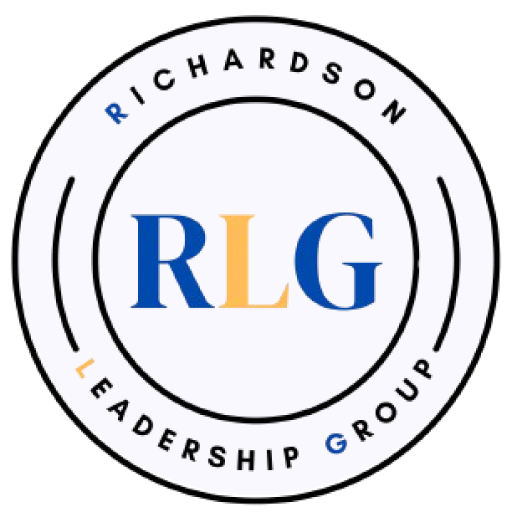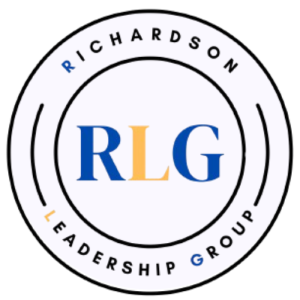The corporate world is filled with people who would rather be doing something different.
The framework described below may be used in two ways: as guidance for yourself or in mentoring discussions. This post is written from the perspective of a mentor.
When supporting others in career planning, I found most individuals did not know what they wanted to do over the span of their careers. And that was okay. What I also found, however, was most did not have an approach to guide their thinking. Leveraging a framework to help them think through options and potential paths supported them in making better decisions and allowed me to understand the impact of their decisions on my team (e.g., timing of career changes, knowledge transfer needs, etc.).
The framework consists of three asks:
- Share what makes you happy
- Describe characteristics of work and hobbies you enjoy and
- Identify positions that meet the characteristics described
The first ask is intended to provide a wide range of topics for discussion; it is meant to be boundless so mentees think deeply about what they truly enjoy, inside and outside of work.
The second is intended to prevent them from jumping straight to positions they have been thinking about simply because “those positions would be a good next move.” This is a critical step as there are many positions that share characteristics, so people can be happy in a variety of roles they may not otherwise consider.
The third takes the second and translates characteristics positions. The goal is to identify positions that share characteristics the person enjoys so they are happy in their work.
Beginning with the first step, ask someone what genuinely makes her happy. Watch her pause, think, smile, and light up as she tells you stories about her true loves. Encourage her not to discuss only what makes her happy at work, but in her personal life. You will learn about her hobbies and personal pursuits as well as her work interests that will help with the next step. Listen closely to what motivates her and why. Ask her what it is about those aspects of work, hobbies, interests, relationships, etc. that makes her happy. Note common threads. The point is to open people’s minds so they think as broadly as possible before narrowing the discussion.
This broad conversation forms a basis for a more targeted one in the second step, where you ask her to identify what she enjoys and what she dislikes. Again, ask her to consider work, hobbies, interests, and relationships, while adding details about her thinking. Have her create a list of likes and dislikes with a few words capturing the essence of each. If there is something she believes she might enjoy, but does not have experience with, it goes onto a “Don’t Know” list. With these three lists, you can work with her to determine common characteristics across the things she enjoys and dislikes. The following career discussion framework illustrates an example.

The example provided here is my personal list. Looking at my Enjoy list, someone may ask how I ever ended up as a Chief Technology Officer at an insurance company. But take a closer look and think about the threads across the first column. As a CTO, I got to teach and mentor and certainly learn a great deal. I was heavily focused on strategy and got in my fair share of public speaking. I had to understand the economics of the businesses my teams supported and put in a lot of effort with my leaders on process improvements. I learned a great deal about technology, debated with smart people, and, to feed my inner project manager, was busy checking off to dos from my action item list every day. It may not have had anything to do with personal finance, individual taxes, reading for entertainment, writing for non-business purposes, walking, vacationing, or watching football, but no job is perfect. That position provided me with a lot of what I sought … what I enjoy. I could be a professional coach, as well, and hit on many aspects I enjoy. Or a teacher. Or a strategy consultant. Or a writer and speaker on the circuit. Or an advisor at an investment management company. The point is there are many different positions across many professions I could be happy in because they share characteristics important to me.
But balance this with what I identified as my Dislikes. Dislikes are not meant to be purely the opposite of what you enjoy. Honestly reflect on where you enjoy investing your time as well as what bothers you. For me, company politics, lack of teaming, and misalignment certainly happened during my time as CTO and would occur in any other position I might assume. The question becomes, do the positives of a position outweigh the negatives. Will I live in the Enjoy column more than the Disklike column? If so, I will be happier more days of the year than frustrated or unhappy. What are the common threads throughout my Dislikes? Slowness (lack of teaming, politics, revisiting decisions, misalignment, individuals who do not prepare, golf, clothes shopping). Drudgery (accounting vs. strategy, February cold). Others you may see?
The Don’t Know column can be completed while working on the other two. I think I like drawing, but I have not spent enough time doing it to know for sure. Same with the other items on the list. I think I would like to learn about those things and try them, but I have work to do to know for sure. Senior level leaders may have fewer work-related items in the Don’t Know list than newer leaders as they generally have had more years to try different things. The point is to look for common characteristics or a theme here. Perhaps my theme centers around doing something completely different than I have done in the past. To stretch in a completely new direction.
Why include non-work-related items like walking in the park, vacationing, playing golf, and February cold? These points can be extremely insightful, providing a glimpse into other aspects of a person’s personality and desires that can be useful in determining whether someone really wants to, and therefore should, remain in the profession she is in.
The corporate world is filled with people who would rather be doing something different. They land in a profession coming out of college, get promoted a couple of times, begin to make good money, marry, have children, and become tied to the lifestyle they have built. To make a major career change often requires a step or two down to be able to advance later in the career they would rather pursue. But family or other obligations make it untenable. So, they continue in their profession less happy than they could be otherwise, unable to make a change. When activities from outside their work world are included in the discussion, it can open a conversation about making a career change or finding a position that shares characteristics with the outside activities they love so much, making work feel completely different.
With common characteristics identified, you can now proceed with the third step and discuss positions. Maybe some positions are internal to your company and others are external. Asking about both isn’t an indicator that you want someone to exit the organization, but that you are seeking balance, identifying the most realistic options. When discussing internal positions, be thoughtful and look across the entire organization for relevant positions. For instance, I worked with a lady who had a clear love for structure and creating experiences. We talked about wedding planning and catering as well as corporate event planning. She worked in the Technology organization, but decided she wanted to pursue other avenues, beginning with corporate event planning.
As you iterate through the framework, encourage your mentees not to focus on documenting everything perfectly. It is most important to get the essence correct in each column to facilitate a conversation around the patterns in the characteristics you see, understanding what work truly makes them happy. This is particularly important for those who state they would like to become an executive. The higher you go in an organization, the more important it is to be well rounded as demonstrated through varying experiences. Whatever you enjoy doing most is what senior leadership will want you to expand beyond as you advance. For example, many companies have senior level individual contributor positions for certain professions (e.g., an executive actuary, an executive architect, or an executive attorney) where deep expertise is required, but most executive positions require broader backgrounds. If you are a salesperson at your core, an operations leader, a project manager, an engineer, an accountant, an underwriter, or anything else, senior leaders almost assuredly expect you to broaden your skills and competencies to become more of what you are not before promoting you to what you want to be.
Share your thoughts below.
How do you plan your career? What factors do you consider?



Leave a Reply